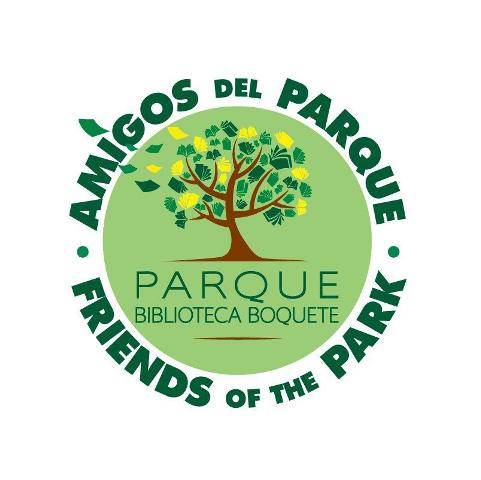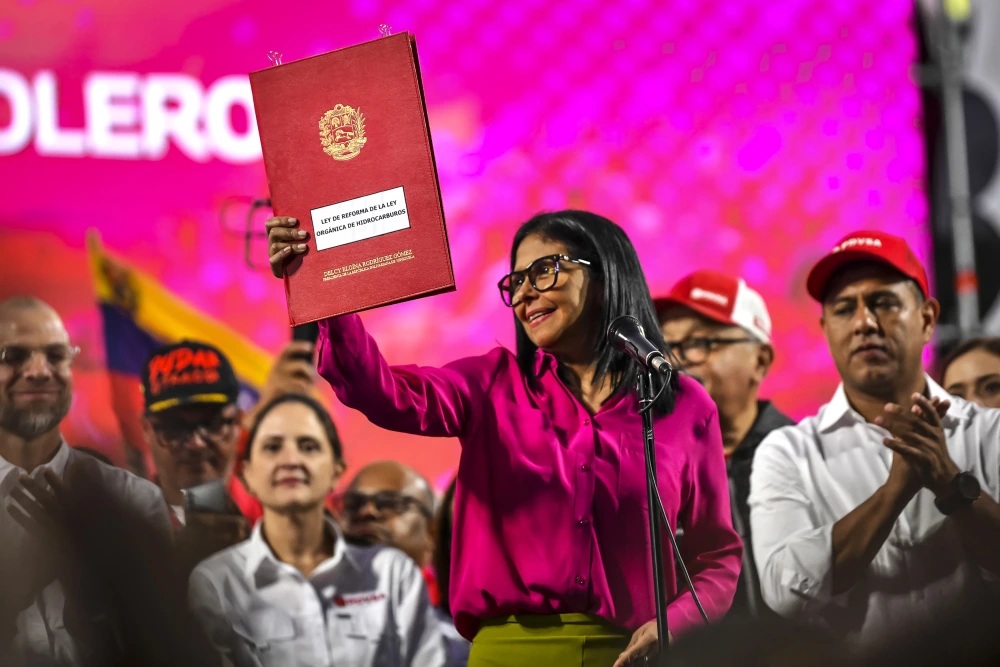Fighting a world epidemic of self inflicted illness

 By Dr. Eric Ulloa
By Dr. Eric Ulloa
In my last column I described the epidemic of self-inflicted illnesses that are crippling public health systems around the world. I wrote:
“We are making ourselves sick.
“Our unhealthy dietary habits, lack of exercise, and lack of self-control are the real culprits … We, our parents, and government are all responsible
“Yet, we blame others and bad luck, when we commit Hari Kiri ….”
So what can we do to make a difference?{jathumbnail off}
All of these situations need a change of approach. The risk factor paradigm is individualist, and we tend to say: “Peter had a heart attack because he did not take care of himself.”
But public health policies have to do more, they have to identify the cultural and sociological roots of the unhealthy lifestyles, and then focus on simple, effective programs that are adopted for all segments of society.
It is not enough to identify the risk factors: tobacco smoking, alcohol, reckless driving, sendentary habits overeating, and sexual promiscuity.
The strong anti-tobacco laws also have to go with smoking cessation clinics to combat the addiction that goes with it. The fight against obesity and cardiovascular diseases is undermined by the easy over-ingestion of salt, fat or carbohydrates that we eat without thinking.
We need to use the KIS approach: “Keep It Simple”:
1. Eat less, and include more fruit and vegetables in your diet
2. Reduce your salt intake: Cut out 1 gram of salt from your daily intake of an average of 10 grams and stop drinking your calories with beer and sodas .
3. Move more: Park your car at the Cinta Costera and walk into town. Walk from 6:30 to 7:30 three times a week. Tell your kids, the television has been infected with the “Parent Virus” and will only turn on from 7-8 on weekdays and connects only to certain channels
Cutting daily salt intake by three grams – just over a teaspoon — could prevent 32,000 strokes and 54,000 heart attacks a year. Say researchers at the University of California, San Francisco
Using the computer model to simulate the impact of heart disease in U.S. adults age 35 to 84, the researchers found that even reducing salt intake by a mere one gram per day over the next decade would be a more cost-effective strategy for treating hypertension than the use of even the cheapest antihypertensive drug, Dr. Kirsten Bibbins-Domingo and colleagues wrote in a paper published online by the New England Journal of Medicine.
There are no easy answers. This I know. The giving out of condoms and the next-day pill have not diminished the HIV epidemic.
But, there are some successes like Uganda, where a strong education program with sensitivity and respect to the population, has diminished the infection in that country.
It’s clear. The only way we can reduce risk factors is with an inter-sector and multi-disciplinary education effort combined with improved public hygiene. We have to empower our citizens, so they understand that they are responsible for their own health.
This effort implies that we understand that ’personal responsibility’ is the key to good health, Children, especially have to be shown the right nutritional and social path by their parent’s example. No more: “do what you want”.
But we are not going back to Cromwell’s “puritan laws”. It is a proposal to help people recognize healthy actions and assume responsibility for their own well-being, as they fight the commercial pressure to adopt an unhealthy lifestyle. The cheapest most effective vaccine is personal responsibility.
In a nutshell: We have to welcome change and practice change, before our health will change.
Dr Ulloa is a practicing internal medical specialist and advisor to the Ministry of Health. The first part of this article can be found under “Is Public Health Care ‘Sick’? {jathumbnail off}





